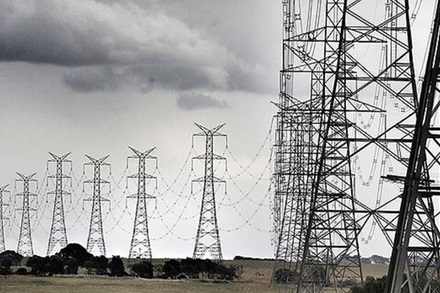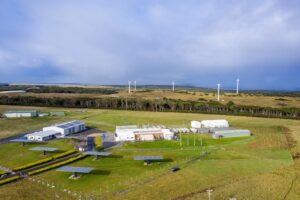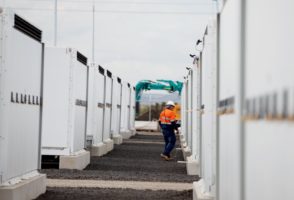How do we solve a problem like modern electricity supply? That was one the major themes of the conference staged by Australia’s Energy Networks Association in Sydney on Thursday. And a big part of the answer lies in the consumer.
As Vince Graham, chief of the group of (currently) government-owned NSW Networks, put it: “We’ll soon find ourselves in a regulatory environment of capped revenue and declining consumption.
“Encouraging consumers to use your product in an era of decline seems to me worthy of a little more consideration,” he said.
“I’m constantly amazed,” Graham told the audience of mainly power supply and infrastructure companies, “by our collective ability to punish consumers.”
Currently, added Graham, Australia’s energy market is geared to create winners and losers. The difference now, though, is that while the winners will be happy, the losers just might quit the grid.
And he’s not just talking about high electricity prices. What Graham and his fellow network operators – and later various utility executives – seem to be acknowledging is that the energy delivery paradigm has changed.
It’s not that customers are more informed about their energy supply – many are not, and don’t particularly want to be.
And it’s not just the bill shock: that big increase in power bills, without much to show from it. It’s that consumers can now do something about it.
Driven by the rapidly changing metrics of technology markets – namely the advent of affordable solar, and now energy storage – consumers have gone from being, effectively, ratepayers, to being players in the market, who can and will decide if they use a particular electricity service or not.
And they might need some convincing, or so it seems.
“The message is pretty clear,” said Ergon Energy’s Glenn Walden, “As an industry, they don’t really like us much.”
“The customer’s giving us feedback that the world’s moving past you guys, and we don’t see you guys as a part of it. We need to make a connection with the customer, and say: ‘we get you, and we can help you get it.
“We need to shift from our focus on the network, to what’s going on with customers and at the edge of the grid.
Merryn York, CEO of Powerlink in Queensland, added: “We need to make sure that people want to use our product – that we’re not on the nose.
And the “product” needs now to be as diverse as the customers. For a start, the networks and utilities concede, you can virtually forget about owning the house.
In the urban residential sector now, the consensus is that it is all about encouraging customers to look at the technologies that will help reduce their power consumption, rather than obscuring that path, and working out a way to deliver these services in a way that will also benefit the grid and deliver revenue.
As for regional customers, according to the CEO of CitiPower and Powercorp in Victoria, Tim Rourke, networks like his are now developing advanced sales forces to try to secure more business.
“We need to engage with customers to see what their needs are,” said Rourke. “It comes down to people’s choices.”








